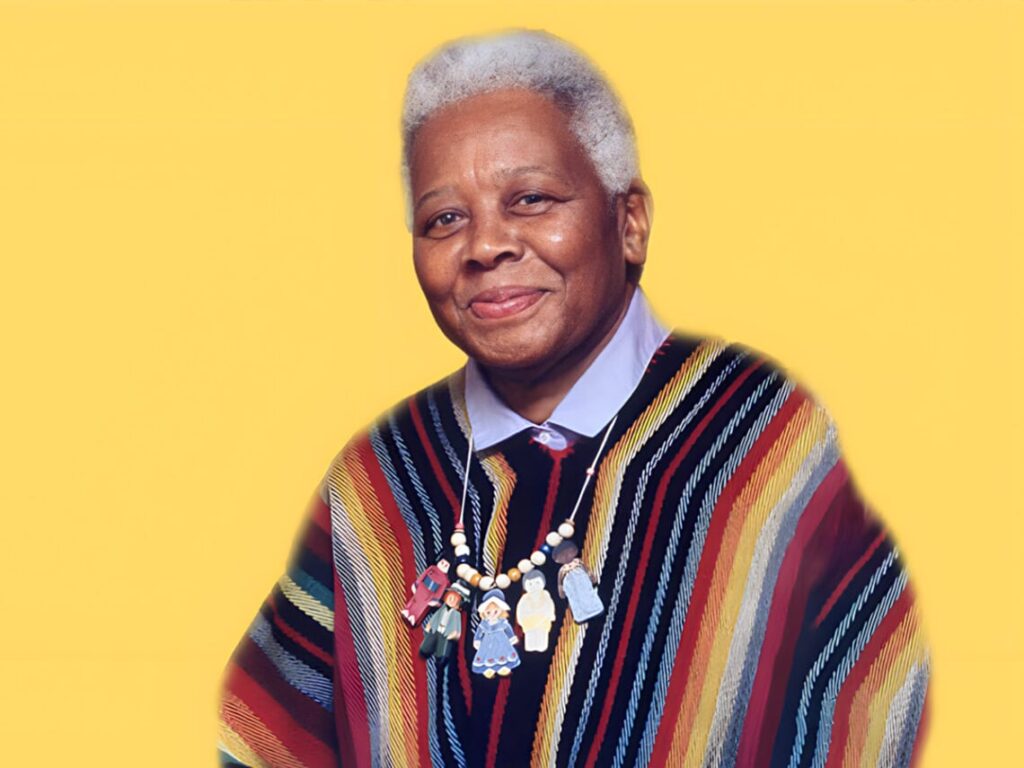Legendary folk artist Ella Jenkins passes away aged 100
 Posted On
Posted On
(Credits: Ella Jenkins)
Ella Jenkins was not only a fantastic musician, she committed her time to playing excellent folk music and using her songs as a platform to educate people. This earned her the nickname the ‘First Lady of Children’s Folk Song’. On November 9th, Jenkins’ record label, Smithsonian Folkways, released a statement announcing she had sadly passed away.
In the statement, while the label didn’t confirm Jenkins’ cause of death, it did reveal that she had passed away “peacefully” at her longtime home in Chicago, Illinois. Jenkins was 100 years old when she died.
“We mourn the passing of Ella Jenkins, one of the most iconic folk musicians of the 20th century, who revolutionised children’s music with her ‘call and response’ chants and songs,” they wrote, “And educated, charmed, and empowered generations of listeners around the world. She died peacefully on Nov. 9 at her residence in Chicago, Illinois. She was 100 years old.”
Jenkins was born in St Louis, Missouri, on August 6th, 1924. Her family moved to the south side of Chicago when she was young, where she grew up. The massive music scene in Chicago inspired her to start writing her own songs, as she was exposed to the world of gospel and blues. She didn’t receive any formal music training other than her Uncle Flood teaching her harmonica.
Education was always a major facet of her life. She was fascinated by how music could be used as a form of education and how information could be crammed into children’s songs and games. This remained at the forefront of her mind when she graduated from San Francisco State University, where she studied sociology, recreation, and child psychology.
When she moved back to Chicago in 1952, she merged her passion with her formal education. She started volunteering at different recreation centres, which is when she started writing educational songs for children. Her songs were picked up for their educational qualities, which landed her jobs at the YWCA and a regular hosting spot on Chicago public access television called This is Rhythm.
She had a good enough reputation by 1956 that she could become a full-time musician. She started writing more educational music and began touring various schools, performing for children up and down the country. When she met Kenneth S Goldstein, he convinced her to release a demo tape to Smithsonian Folkways, who became her record label for all 39 of her album releases.
She released African-American folk music, rhythmic chants, nursery rhymes, and international songs in multiple languages. In 2004, the Recording Academy awarded her a Lifetime Achievement Award.
[embedded content]
Related Topics


